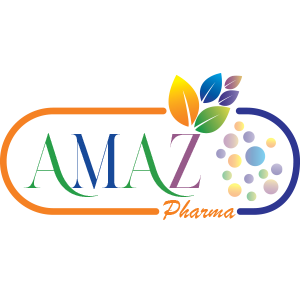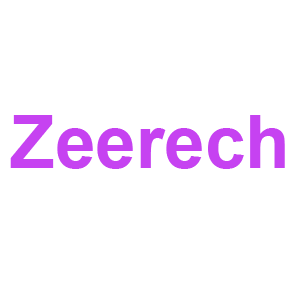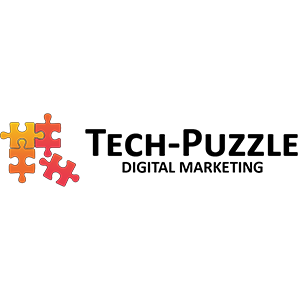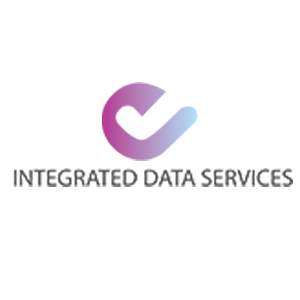Our Services
Custom Software Development

Tailored software solutions are crucial for healthcare organizations seeking to enhance efficiency and improve patient care. These customized systems address specific challenges by integrating technologies like electronic health records (EHRs) and telemedicine. By streamlining workflows and automating tasks, they enable staff to focus more on patient interactions. Real-time data access allows clinicians to make quick, informed decisions, especially in critical situations. Additionally, user-friendly patient portals enhance engagement by facilitating appointment scheduling and easy access to health information. Ultimately, investing in tailored software is a strategic move for organizations aiming to improve operational efficiency and deliver high-quality patient care.
Healthcare Application Development

The creation of user-friendly mobile and web applications is vital for streamlining healthcare processes and enhancing patient engagement. These applications simplify tasks such as appointment scheduling, medication reminders, and access to health information, making it easier for patients to manage their care. Additionally, they ensure compliance with industry regulations by incorporating features like secure data transmission and privacy protections. By improving communication between patients and healthcare providers, these applications foster a collaborative environment that enhances overall patient satisfaction. Ultimately, investing in intuitive digital solutions is essential for modern healthcare organizations striving to deliver efficient, compliant, and patient-centered care.
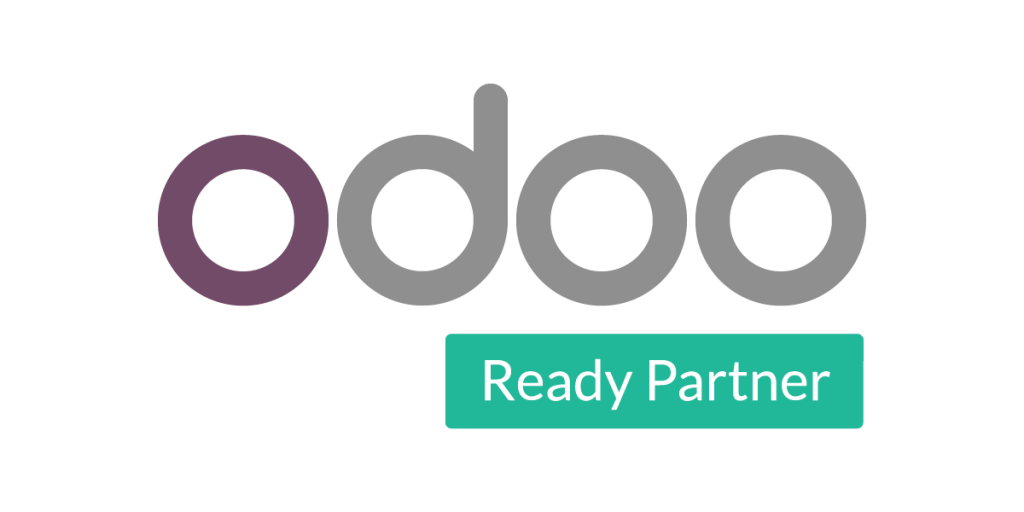
Odoo Partner
Our Odoo partnership is more than a certification it’s a commitment to mastery. We bridge the gap between Odoo’s powerful, all-in-one framework and the unique complexities of your business. Our team of certified developers and consultants delves deep into your workflows to design and deploy a solution that feels custom-built, without the cost and delay of ground-up development.
We ensure your implementation is strategic, not just technical. Our phased approach from initial discovery and gap analysis through to data migration, tailored development, user training, and ongoing support is designed for minimal disruption and maximum ROI. We turn Odoo’s modular power into your competitive advantage, creating a cohesive system that eliminates data silos, automates manual processes, and provides the real-time insights you need to lead.
Contact us today for a free consultation and discover how our Odoo implementation expertise can help you streamline operations, reduce costs, and accelerate growth. Our team is ready to guide you through every step of your digital transformation journey.
Analysis, Planning
Development, Data Migration
Training, Go-Live
Support, Optimization

EHR/EMR Solutions
The development and integration of Electronic Health Record (EHR) and Electronic Medical Record (EMR) systems are vital for enhancing data management and improving clinical workflows in healthcare. These systems enable seamless access to patient information, allowing healthcare providers to make informed decisions quickly. By centralizing data, EHRs and EMRs reduce administrative burdens and minimize errors, streamlining processes such as documentation and billing. Additionally, they facilitate better communication among healthcare teams, ensuring coordinated care. Ultimately, effective EHR and EMR systems enhance patient outcomes by providing comprehensive, real-time insights into patient health, leading to more efficient and effective clinical practices.
EHR/EMR Solutions

The development and integration of Electronic Health Record (EHR) and Electronic Medical Record (EMR) systems are vital for enhancing data management and improving clinical workflows in healthcare. These systems enable seamless access to patient information, allowing healthcare providers to make informed decisions quickly. By centralizing data, EHRs and EMRs reduce administrative burdens and minimize errors, streamlining processes such as documentation and billing. Additionally, they facilitate better communication among healthcare teams, ensuring coordinated care. Ultimately, effective EHR and EMR systems enhance patient outcomes by providing comprehensive, real-time insights into patient health, leading to more efficient and effective clinical practices.
Data Analytics and Reporting
Advanced analytics services are essential for healthcare providers to gain insights from their data. These services enable organizations to identify trends, monitor patient populations, and assess treatment effectiveness. By supporting informed decision-making, providers can tailor interventions and improve care strategies. Advanced analytics helps predict patient needs, optimize resource allocation, and enhance operational efficiency. Additionally, these insights facilitate personalized patient care, leading to better health outcomes. Ultimately, investing in advanced analytics empowers healthcare providers to harness their data’s full potential, driving innovation and improving overall care quality.

Data Analytics and Reporting

Advanced analytics services are essential for healthcare providers to gain insights from their data. These services enable organizations to identify trends, monitor patient populations, and assess treatment effectiveness. By supporting informed decision-making, providers can tailor interventions and improve care strategies. Advanced analytics helps predict patient needs, optimize resource allocation, and enhance operational efficiency. Additionally, these insights facilitate personalized patient care, leading to better health outcomes. Ultimately, investing in advanced analytics empowers healthcare providers to harness their data’s full potential, driving innovation and improving overall care quality.

Integration Services
Connecting disparate healthcare systems and applications is crucial for ensuring smooth data flow and interoperability. This integration enhances overall system efficiency by allowing seamless communication between different platforms, enabling healthcare providers to access comprehensive patient information. By breaking down data silos, organizations can improve collaboration among care teams, leading to more coordinated and effective patient care. Additionally, interoperability supports better clinical decision-making by providing real-time access to relevant data. Ultimately, investing in connectivity solutions streamlines workflows, reduces administrative burdens, and enhances the quality of care delivered to patients.
Integration Services

Connecting disparate healthcare systems and applications is crucial for ensuring smooth data flow and interoperability. This integration enhances overall system efficiency by allowing seamless communication between different platforms, enabling healthcare providers to access comprehensive patient information. By breaking down data silos, organizations can improve collaboration among care teams, leading to more coordinated and effective patient care. Additionally, interoperability supports better clinical decision-making by providing real-time access to relevant data. Ultimately, investing in connectivity solutions streamlines workflows, reduces administrative burdens, and enhances the quality of care delivered to patients.
Cloud Solutions
Providing secure and scalable cloud infrastructure is essential for supporting healthcare applications. This infrastructure ensures data accessibility while maintaining high levels of security to protect sensitive patient information. By utilizing cloud solutions, healthcare organizations can easily scale their resources to meet changing demands, facilitating efficient operations. Additionally, such infrastructure helps ensure compliance with regulatory standards, such as HIPAA, by implementing robust security measures and maintaining data integrity. Ultimately, investing in cloud infrastructure enhances the ability to deliver reliable and efficient healthcare services while safeguarding patient data and supporting organizational growth.

Cloud Solutions

Providing secure and scalable cloud infrastructure is essential for supporting healthcare applications. This infrastructure ensures data accessibility while maintaining high levels of security to protect sensitive patient information. By utilizing cloud solutions, healthcare organizations can easily scale their resources to meet changing demands, facilitating efficient operations. Additionally, such infrastructure helps ensure compliance with regulatory standards, such as HIPAA, by implementing robust security measures and maintaining data integrity. Ultimately, investing in cloud infrastructure enhances the ability to deliver reliable and efficient healthcare services while safeguarding patient data and supporting organizational growth.
IT Consulting

Expert guidance on technology strategy, implementation, and infrastructure is essential for optimizing operations in the healthcare sector. This support helps organizations align their IT initiatives with business goals, enhancing overall efficiency and patient care. Strategic planning enables healthcare providers to identify and adopt the right technologies tailored to their unique needs. Effective implementation ensures seamless integration of systems, minimizing disruptions in daily operations. Additionally, robust infrastructure management is crucial for maintaining system performance and ensuring data security. Ultimately, leveraging expert guidance empowers healthcare organizations to make informed decisions, drive innovation, and achieve operational excellence.
Cybersecurity Solutions

Comprehensive security measures are vital for protecting sensitive healthcare data from breaches and cyber threats. Key strategies include robust encryption protocols, multi-factor authentication, and regular security audits. Staff training on data protection practices is essential to minimize human error. Continuous monitoring of systems enables real-time threat detection and response, while secure access controls ensure that only authorized personnel can access sensitive information. Compliance with regulatory standards, such as HIPAA, is crucial for meeting specific security requirements. By implementing these measures, healthcare organizations can safeguard patient privacy, maintain trust, and effectively combat the increasing risk of cyber threats.
Our Clients







